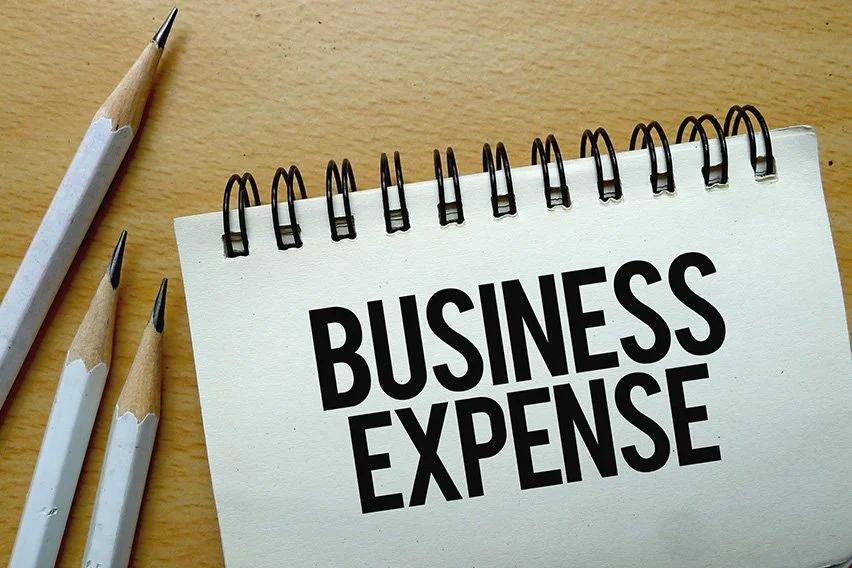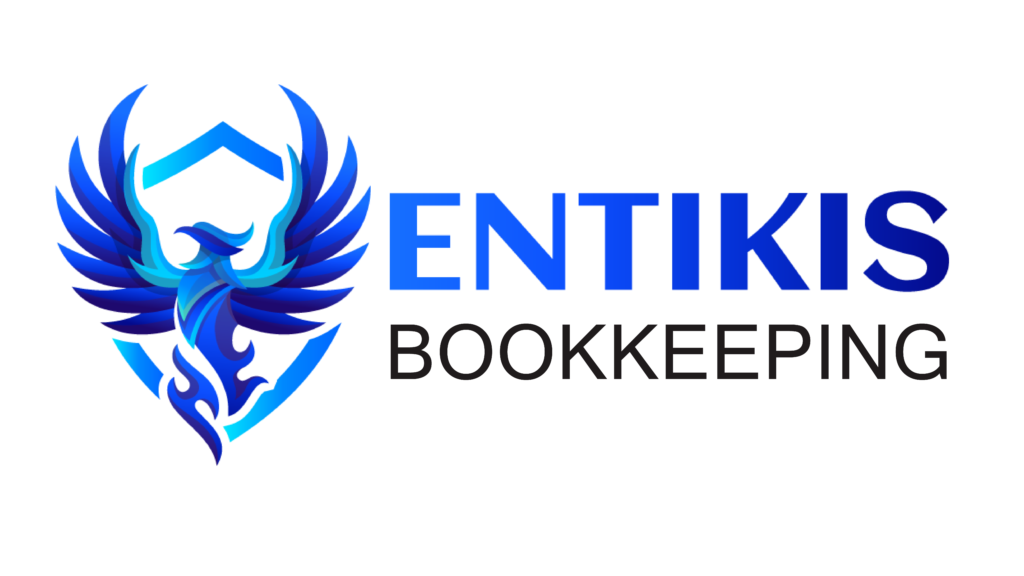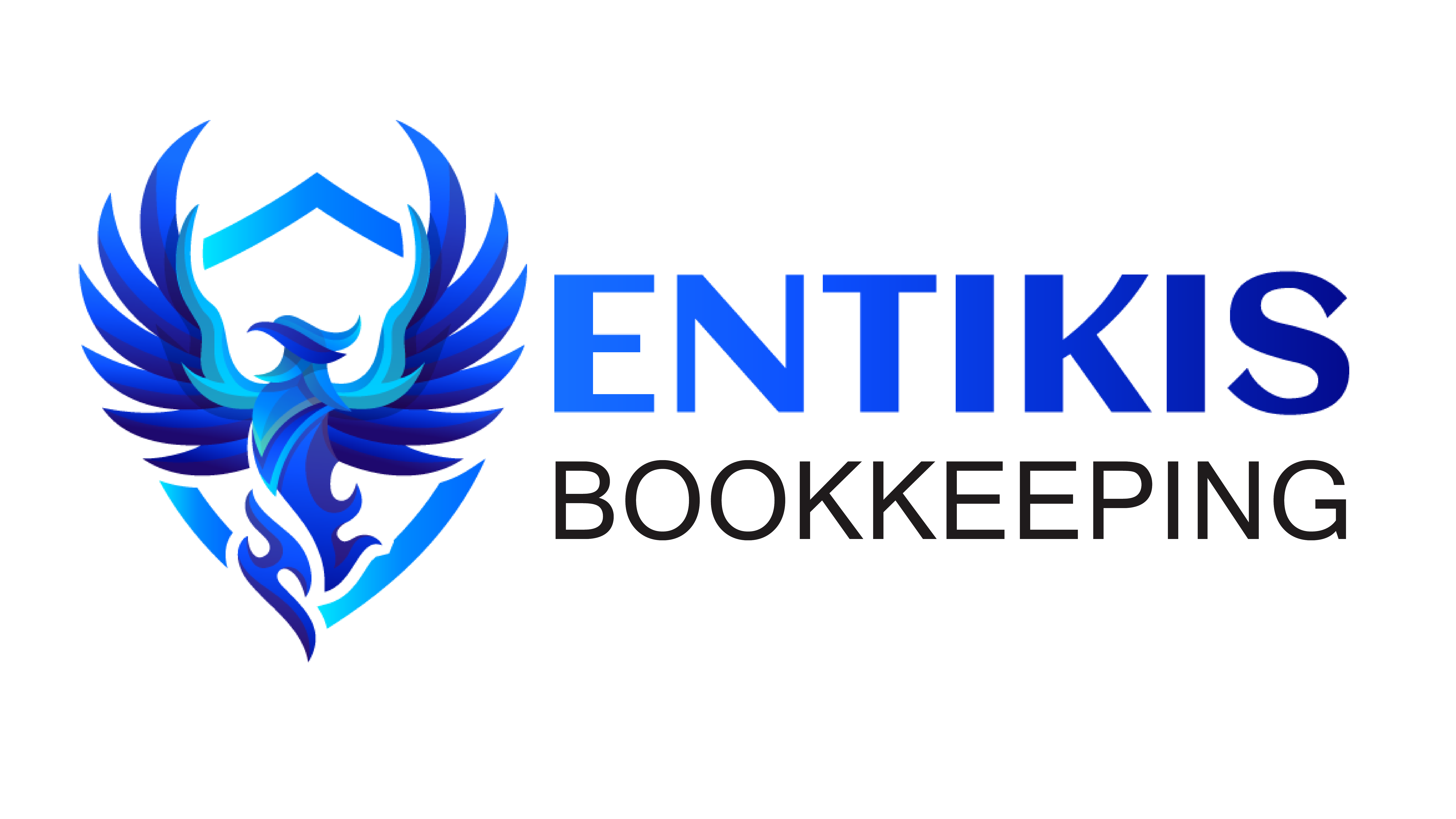Tracking expenses categorically is a fundamental aspect of effective bookkeeping for businesses of all sizes. By systematically categorizing expenses, businesses can gain valuable insights into their spending patterns, identify areas for cost savings, and ensure accurate financial reporting. In this article, we’ll explore the importance of tracking expenses categorically and how it contributes to effective bookkeeping practices.

Understanding Expense Categorization:
Expense categorization involves grouping similar expenses together based on their nature or purpose. Common expense categories include office supplies, utilities, rent, wages, marketing, travel, and entertainment. By organizing expenses into distinct categories, businesses can better analyze their spending habits and make informed financial decisions.
Enhanced Financial Visibility:
Categorizing expenses provides businesses with a clear and comprehensive view of their financial activities. Instead of viewing expenses as a single lump sum, businesses can break them down into specific categories, allowing for more granular analysis. This enhanced financial visibility enables businesses to identify trends, outliers, and areas of overspending more easily.
Budgeting and Forecasting:
Budgeting and forecasting are essential components of financial management for businesses of all sizes. These processes provide a roadmap for achieving financial goals and objectives, guiding decision-making, and ensuring the long-term financial health and sustainability of the business. At the heart of budgeting and forecasting lies expense categorization, which serves as the foundation for creating detailed budgets and making accurate financial projections.
Expense categorization allows businesses to allocate funds strategically to different expense categories based on their nature and purpose. Common expense categories include salaries and wages, utilities, rent, marketing, supplies, and maintenance. By categorizing expenses in this manner, businesses can gain insights into their spending patterns and prioritize expenditures according to their importance and impact on business operations.
Creating a detailed budget involves estimating future expenses for each category based on historical data, industry benchmarks, and anticipated changes in business activity. Expense categorization facilitates this process by providing a framework for organizing and structuring budgetary allocations. Businesses can allocate resources to different expense categories based on their strategic priorities and financial objectives, ensuring that sufficient funds are available to support key business activities and initiatives.
Once the budget is in place, expense categorization enables businesses to monitor actual spending against budgeted amounts throughout the year. By comparing actual expenditures to budgeted amounts for each category, businesses can identify variances and discrepancies and take corrective action as needed. For example, if actual spending in the marketing category exceeds the budgeted amount, businesses may need to reassess their marketing strategies or reallocate funds from other expense categories to cover the shortfall.
Moreover, expense categorization facilitates timely adjustments and course corrections in response to changing business conditions or unforeseen circumstances. By monitoring spending on a regular basis, businesses can identify trends and patterns that may require adjustments to the budget or reallocation of resources. For instance, if sales projections fall short of expectations, businesses may need to reduce expenses in certain categories to maintain profitability or allocate additional resources to areas with growth potential.
In addition to budgeting, expense categorization plays a crucial role in financial forecasting. By analyzing historical spending patterns and extrapolating future trends, businesses can make informed projections about future expenses and revenues. Expense categorization provides the granularity needed to develop accurate financial models and forecasts, allowing businesses to anticipate potential challenges and opportunities and plan accordingly.
In conclusion, expense categorization serves as the foundation for budgeting and forecasting processes, enabling businesses to create detailed budgets, monitor actual spending, and make accurate financial projections. By categorizing expenses systematically, businesses can allocate resources strategically, monitor spending effectively, and adapt to changing business conditions. Ultimately, expense categorization empowers businesses to achieve their financial goals and objectives while ensuring long-term financial health and sustainability.
Cost Control and Optimization:
Tracking expenses categorically empowers businesses to exercise greater control over their costs. By monitoring spending within each category, businesses can identify opportunities for cost optimization and efficiency improvements. For example, if a business notices that its marketing expenses are disproportionately high compared to its sales revenue, it may explore alternative marketing strategies or renegotiate contracts with vendors to reduce costs.
Accurate Financial Reporting:
Categorizing expenses accurately is essential for preparing financial statements and reports. Properly categorized expenses ensure that financial reports reflect the true financial position and performance of the business. Whether it’s preparing income statements, balance sheets, or cash flow statements, having well-defined expense categories facilitates the reporting process and enhances the credibility of financial information.
Tax Compliance:
Effective expense categorization is also critical for tax compliance purposes. When filing taxes, businesses are required to report various expenses incurred during the tax year. By categorizing expenses appropriately, businesses can ensure that they claim all eligible deductions and credits while minimizing the risk of errors or discrepancies that could trigger audits or penalties.
Streamlined Audit Processes:
In the event of an audit, meticulous expense categorization can be a lifesaver for businesses. Audits can be daunting experiences, but with well-organized financial records, businesses can navigate them more smoothly and demonstrate their compliance with accounting standards and regulations. Auditors rely heavily on the accuracy and completeness of financial statements, and having detailed expense categorization can significantly expedite the audit process and mitigate the risk of potential issues or discrepancies.
When faced with an audit, one of the first things auditors look for is the organization and categorization of expenses. They want to see clear and consistent classifications that align with industry standards and regulatory requirements. Meticulously categorized expenses provide auditors with a roadmap to navigate through a company’s financial records, making their job easier and more efficient.
Moreover, detailed expense categorization instills confidence in auditors about the reliability of a company’s financial reporting. It demonstrates that the business takes its financial responsibilities seriously and has implemented robust internal controls to ensure accuracy and transparency. This level of diligence can go a long way in building trust with auditors and reducing the likelihood of further scrutiny or additional audits in the future.
Additionally, well-organized financial records can help businesses respond to auditor inquiries more effectively. When auditors have questions about specific expenses or transactions, having detailed categorization allows businesses to provide prompt and accurate answers. This proactive approach not only speeds up the audit process but also minimizes the risk of misunderstandings or misinterpretations.
Furthermore, meticulous expense categorization can help businesses identify and rectify any errors or discrepancies before they become problematic. By regularly reviewing and reconciling expense categories, businesses can catch inconsistencies early on and take corrective action to ensure compliance with accounting standards. This proactive approach not only reduces the likelihood of audit findings but also strengthens the overall integrity of financial reporting.
In essence, having meticulously categorized expenses is like having a well-organized filing system for your financial records. It allows auditors to quickly locate and review relevant information, saving time and resources for both parties involved. Moreover, it demonstrates a commitment to transparency and accountability, which can enhance the reputation of the business and inspire confidence among stakeholders.
In conclusion, meticulous expense categorization is essential for streamlining the audit process and demonstrating compliance with accounting standards and regulations. By providing auditors with detailed and well-organized financial records, businesses can expedite audits, mitigate risks, and build trust with stakeholders. Investing in robust expense categorization practices is not only a smart business decision but also a crucial step towards ensuring financial integrity and sustainability.
Scalability and Growth:
As businesses grow and evolve, their expense tracking needs may become more complex. Categorizing expenses from the outset sets a solid foundation for scalability and growth. Whether expanding operations, entering new markets, or diversifying product offerings, businesses can adapt their expense categories to accommodate changing business needs while maintaining consistency and accuracy in their bookkeeping practices.
As businesses experience growth and evolve, their expense tracking requirements may undergo significant transformations. Categorizing expenses right from the beginning establishes a sturdy groundwork for scalability and expansion. Whether a business is expanding its operations, venturing into new markets, or diversifying its product offerings, having well-defined expense categories allows for seamless adaptation to evolving business needs. This adaptability ensures that businesses can effectively manage their finances while maintaining consistency and accuracy in their bookkeeping practices.
Expanding businesses often encounter a multitude of challenges, and managing expenses is no exception. As operations scale up, the volume and complexity of transactions increase, making it imperative to have a robust expense tracking system in place. By categorizing expenses systematically, businesses can streamline their financial processes and gain greater visibility into their expenditure patterns.
In conclusion, tracking expenses categorically is a cornerstone of effective bookkeeping for businesses. From enhancing financial visibility and budgeting to controlling costs and ensuring compliance, well-defined expense categories play a crucial role in driving sound financial management and facilitating business success. By implementing robust expense categorization processes, businesses can unlock valuable insights, streamline operations, and position themselves for long-term growth and profitability.
If You Are Looking For Professional Bookkeeping Services, Please Contact Us At Admin@Entikis.Com And 817-415-1715 To Learn More About How Entikis Bookkeeping Can Support Your Journey To Success! Located At 640 Taylor St Suite , Fort Worth, TX, United States, Texas. We Offer Professional Bookkeeping Services For Businesses In The Burleson, Fort Worth And The Surrounding Tarrant County Metroplex.




